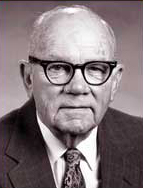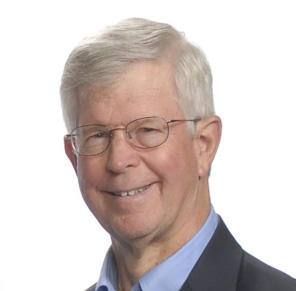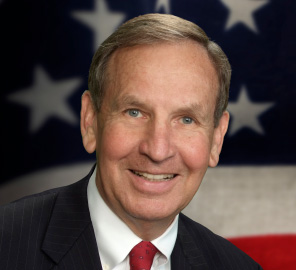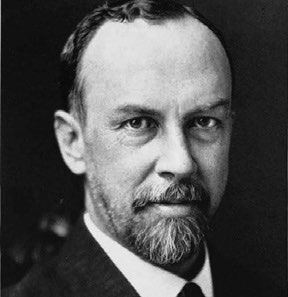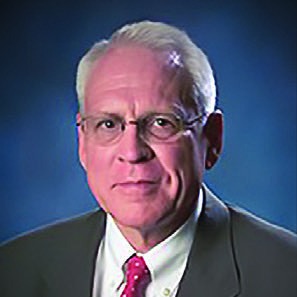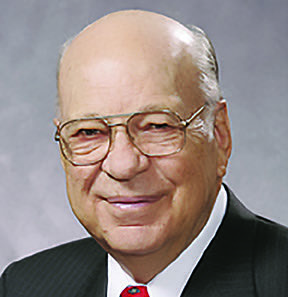The purpose of the Heritage Award is to preserve and build history, honor, and recognize individuals who have significantly impacted ASTA and the seed industry and to inspire the next generation of leaders, and instill a sense of pride in the rich history of the seed industry and ASTA.
In the nearly 140 years that ASTA has been in operation, the seed industry has seen tremendous change and growth. So much of the present and future can be understood by looking back. ASTA has been fortunate to serve members who have contributed to the seed trade industry, an industry that affects every living being on the planet, and one that is essential to the health, happiness and economic security of every community. It is important to acknowledge and respect those that have demonstrated their passion and values to grow better seed to produce better crops for a better quality of life.


